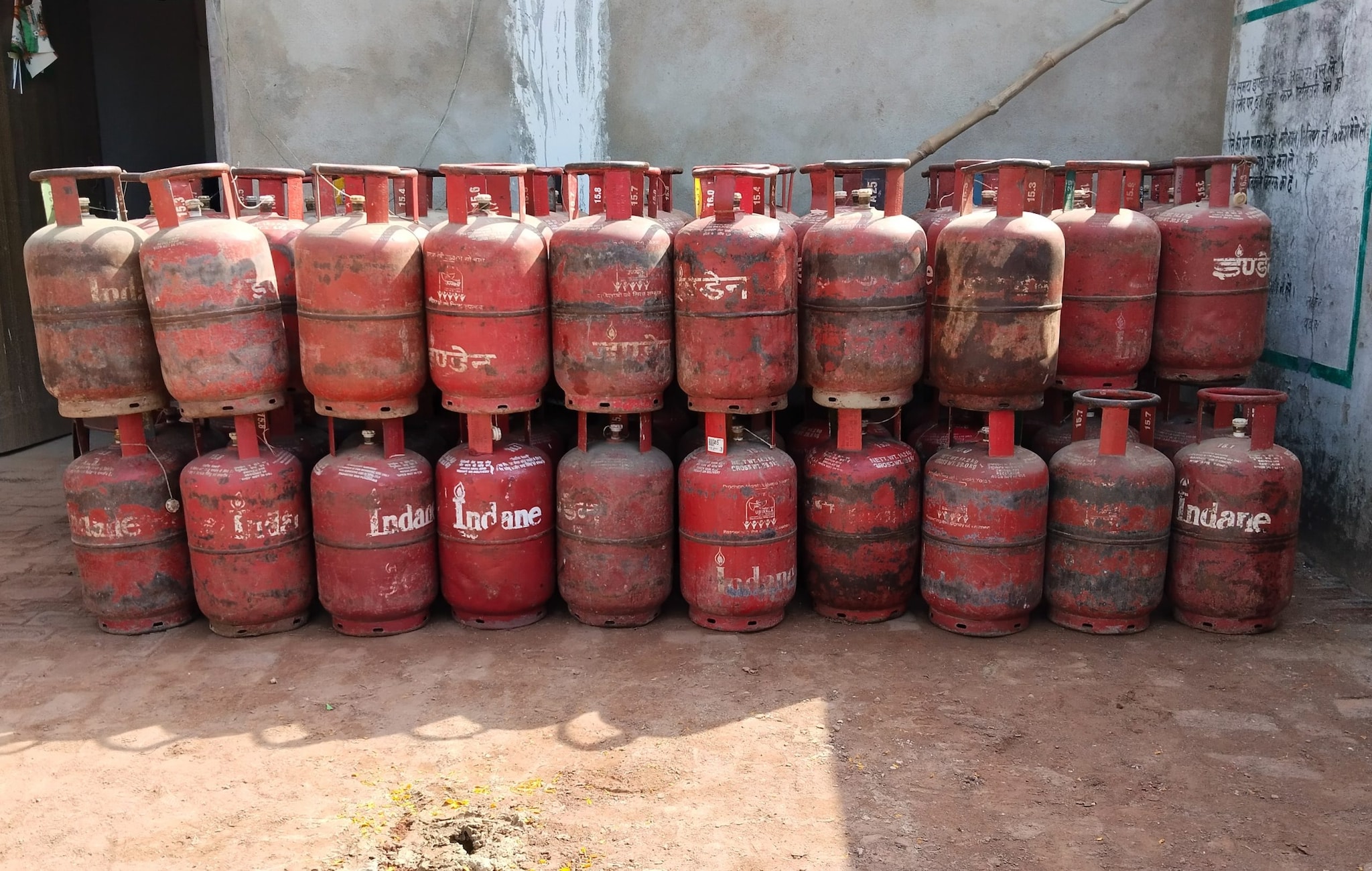Newly appointed president of the Trinidad and Tobago Manufacturers’ Association (TTMA), Dale Parson, says non-energy exports are the way to go for long-term benefits for Trinidad and Tobago, especially with the geopolitical issues that plague the manufacturing sector. He said this in an interview yesterday with the media at the TTMA leadership discussion and networking event at the Hyatt Regency (Trinidad), Wrightson Road, Port of Spain. “We feel we know what we have to do, and non-energy exports is the way to go for the long-term benefits of the country, and not only for manufacturers, but for the whole population,” he said.
Parson was appointed TTMA president yesterday and replaces Roger Roach. With the US government pulling the OFAC licences to develop the Dragon and Manakin-Cocuina fields, he said there were still other opportunities in the pipeline. Speaking on the tariff announced for T&T goods by US President Donald Trump on April 2, he said, “But with all the geopolitical tax impositions and the berthing fees and so on, there are other opportunities in the region that does not attract those tariffs that we can export to still.

So, we have to look for the low-hanging fruit and exploit them to their full potential.” He emphasised that the tariff on T&T was one of the lowest in the region, which puts the country on a competitive landscape with other countries exporting to the US. “So, we are still in a better standing for exporting to the US than the other Caricom countries and the other countries around the world,” said Parson.
He acknowledged that the tariffs were a big issue, especially the developing tariff war between the US and China. “The US is China’s largest trading partner, so yes, there are issues that we will need to iron out with regard to that 10%. I think the bigger issue is the berthing fees of the Chinese ships leaving because what happens is that the shipping lines that come from the US to T&T have and own Chinese ships,” he explained.
He said this could cause a trickle-down effect, causing a 10%-15% increase on all imported goods, which will affect the consumer. “I think what we might have to do is look for innovative ways or other vessels that come from the US to T&T that do not attract those berthing fees,” said Parson. He added that this had the potential to affect businesses across the board.
.
Business

Non-energy exports the way to go

Newly appointed president of the Trinidad and Tobago Manufacturers’ Association (TTMA), Dale Parson, says non-energy exports are the way to go for long-term benefits for Trinidad and Tobago, especially with the geopolitical issues that plague the manufacturing sector.














